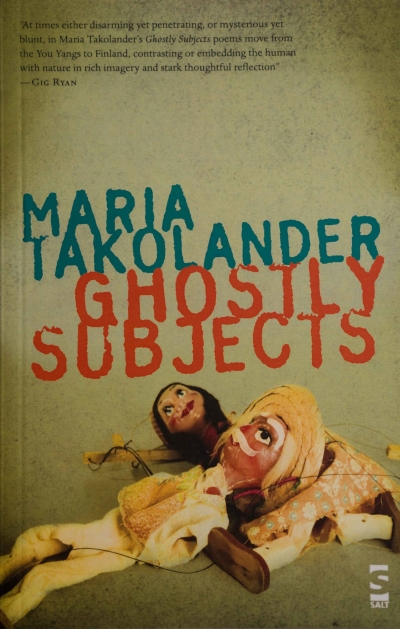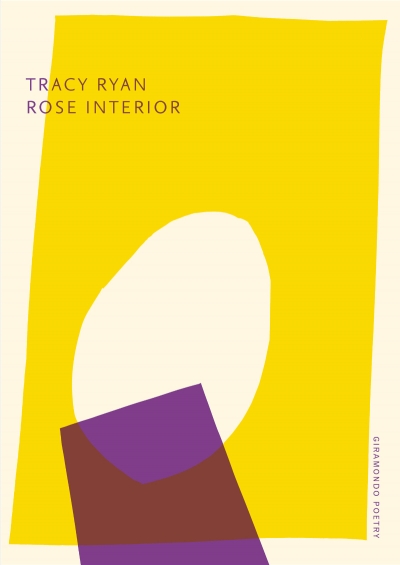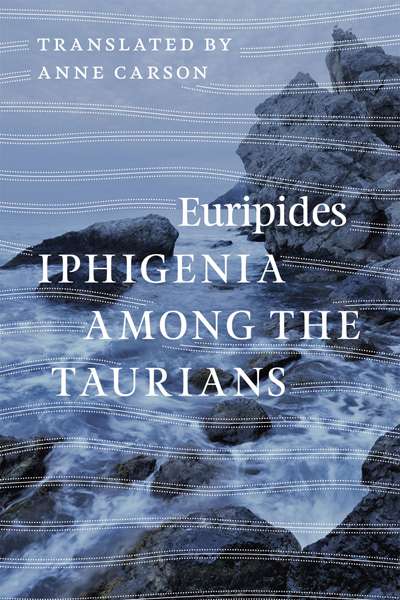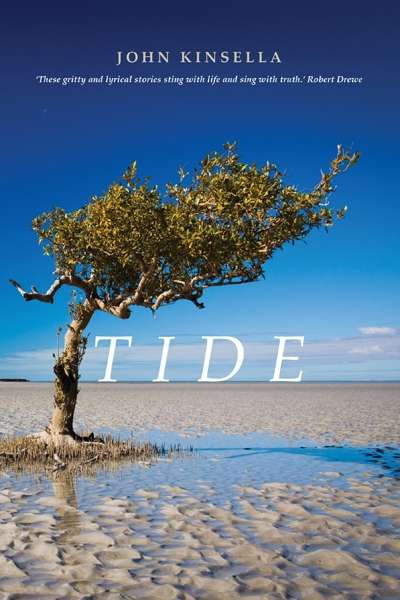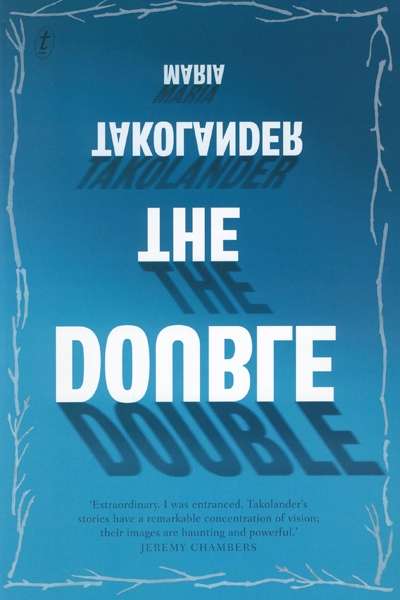Maria Takolander
Maria Takolander’s fourth book of poetry, Trigger Warning (University of Queensland Press, $24.99 pb, 100 pp), is a sharp and arresting collection, fierce in its emotions and determination to make language do the hard work of speaking that which hovers at the edge of articulation. This is a poetics that traces everywhere the lurking presence of the disruptive – in domestic life, in global crises, even in our most intimate experiences. Takolander’s courageous poetry becomes both a landscape in which to inscribe what is unbearable and a sphere in which it might be, at least partially, managed.
... (read more)Iphigenia among the Taurians by Euripides (translated by Anne Carson)
In the spirit of our annual ‘Books of the Year’ feature, in which we ask a range of writers and critics to nominate their favourite new fiction and non-fiction titles, we asked ten Australian short story writers to nominate their favourite short story collections and individual stories. As this is the first time we have run a short-story themed feature of this nature, our ten writers were free to nominate older titles if they wished to do so. Our only request was that at least one of their selections should have been published recently and that at least one be by an Australian author.
... (read more)What makes a story compelling? When I was an undergraduate student at Deakin University, I was fortunate enough to be instructed in fiction writing by Gerald Murnane. His key criterion for the worth of a story was its capacity to mark his memory with an enduring image. Over time he used to cull books from his shelves that failed to impress him in this way.
... (read more)
